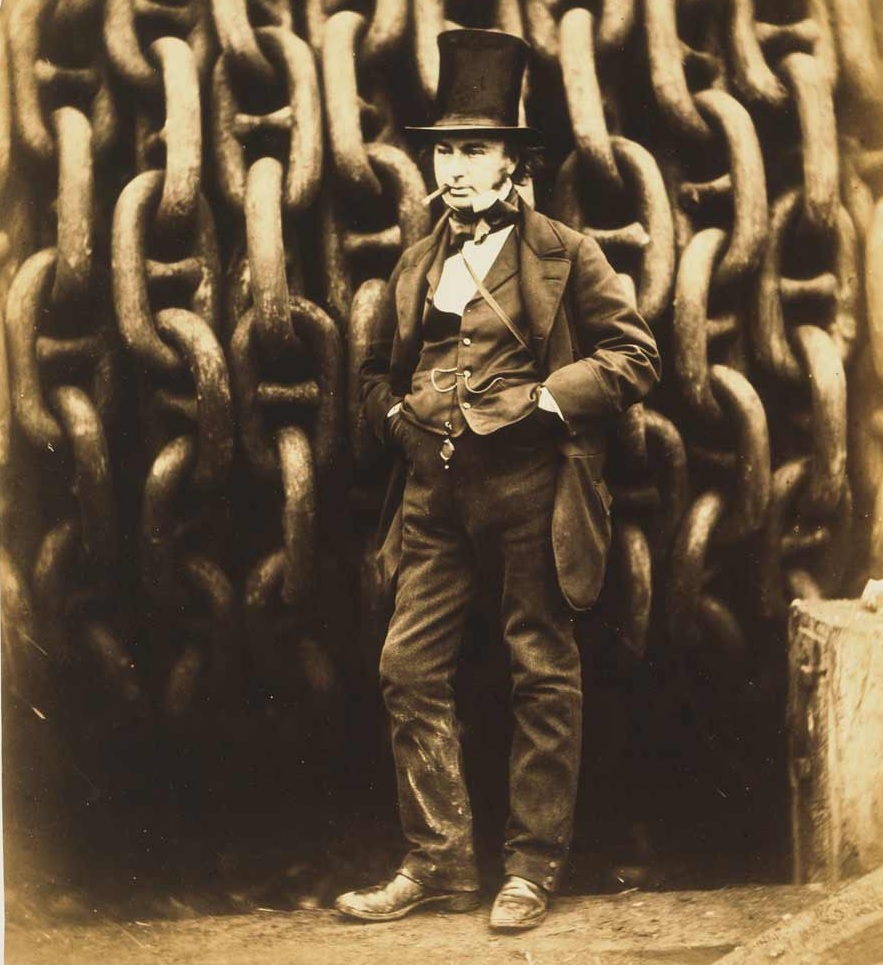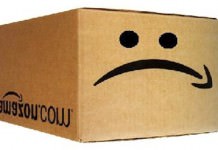 Courtesy of dark fiction writer Gwendolyn Kiste, here’s a potentially quite important tip for all writers, but especially self-published ones, selling through Amazon. Without it, Amazon might pull reviews of your book, and dock your popularity ranking. So read on.
Courtesy of dark fiction writer Gwendolyn Kiste, here’s a potentially quite important tip for all writers, but especially self-published ones, selling through Amazon. Without it, Amazon might pull reviews of your book, and dock your popularity ranking. So read on.
The issue is the link you copy and share when alerting others to your book, in anything from your own website to marketing emails. If you find the book’s own link by searching in the main Amazon search box – not unreasonable, after all – and then copy the URL at the top of the page when you arrive, you end up with a link that has the entire history of your search tacked on to it, including, Gwendolyn Kiste asserts, the time of the search. You can strip out that search history and leave just the bare link to the book itself. But if you don’t, there could be problems.
I’ll demonstrate this with my own first poetry collection The Golden Age – free publicity, after all, and at least it’s one I’m familiar with. Here’s the link from the usual search in the Amazon search box:
http://www.amazon.com/Golden-Age-Paul-John-Mackintosh-ebook/dp/B00CFARTSY/ref=sr_1_sc_1?ie=UTF8&qid=1455494699&sr=8-1-spell&keywords=paul+stjohn+mackintosh+the+golden+age
And here’s all the link you need to actually get to the book:
http://www.amazon.com/Golden-Age-Paul-John-Mackintosh-ebook/dp/B00CFARTSY/
As you can see, it’s much more simple and elegant. And it carries only the bare details of the book location, not the search process tracking information as well.
And the problems? For one thing, Amazon might assume that any review including that link comes from a friend of the author, or is an exercise in sock-puppeting. After all, any article or link with that information has a clear pedigree, down to the search time, and so the link at least can be traced to one single source. Even if you’re sharing that link in all honesty, you could be wrongly dubbed a sock-puppeteer. If you have a publisher or agent who’s using information you provided to publicize your book, or using the same method themselves, they could compound the error. And Amazon has already done some very public exercises in deleting such reviews.
Then there’s the sales ranking issue. As Gwendolyn explains, potentially, because the URL supplementary data records “a single session, the Amazon algorithm will count all the books sold from that URL as a single sale. Yes, you’ll get paid for each book purchased, but even if you sell a hundred (or a thousand) copies from that link, the algorithm might only see it as one session and one sale, thereby hurting your search results.”
For anyone who wants to dig deeper into this topic, there are many other guides around on how to build on, and game, your basic Amazon book links. For example, for any author, or anyone else, who wants to get an extra few extra bucks from Amazon sales by becoming an Amazon Associate and adding an affiliate code to their URLs, Amazon’s own resources are here.
Personally, I prefer Gwendolyn’s method for its simplicity, and its absence of any taint of gaming the system. Sure, an author is completely entitled to get a little extra from an Amazon Associate relationship, but some readers could conceivable take offense at the author hitting them not once but twice for money, even if this makes no difference to the upfront price. And there’s already enough suspicion circulating about sock-puppet Amazon reviews, etc. But authors everywhere, it’s your call.





























It’s even easier than you said. All you really need is:
http://www.amazon.com/dp/B00CFARTSY/
Unfortunate ASIN….
[…] sin incluir las indicaciones sobre el proceso de búsqueda que nos ha llevado hasta allí (de esta forma), pues de lo contrario podría haber repercusiones en cuanto a reviews y puesto de resultados. Como […]
Aaron, I love my ASIN: proud to be FARTSY 😉